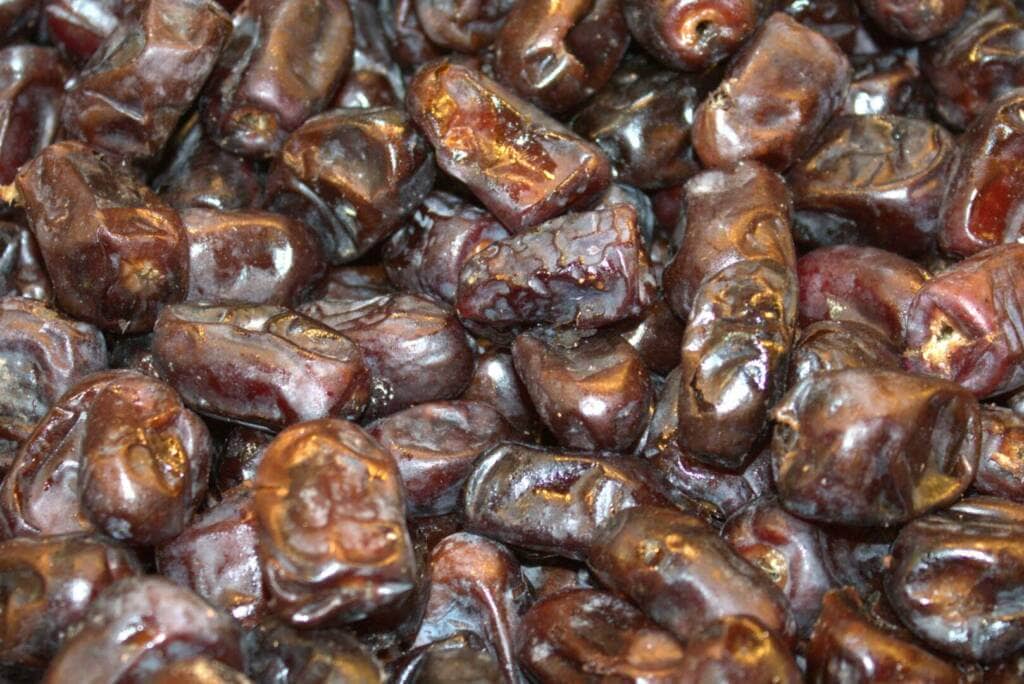Highlights
Multiple different clinical studies across large cohorts of cancer patients in China, UK and Iran have found no significant association between drinking coffee (containing caffeine) and increased risk of cancer. Although, one of the observational studies found a possible positive correlation between instant coffee drinkers and breast cancer, further studies are needed to confirm this observation. Hence, drinking coffee may not cause cancer.
Can Coffee Cause Cancer?
Imagine having to wake up extremely early in the morning after a long night at work and not being able to grab a cup of coffee… the horror! Being one of the most popular forms of caffeinated drinks around the globe, coffee has become both a staple and a culture in countless economies. Whether one is a student trying to stay awake, a workaholic, or simply just a coffee aficionado, people simply cannot live without their daily dose of coffee. Therefore, the question has got to be asked- is there a link between drinking excessive amounts of coffee (containing caffeine) and a heightened risk of cancer? Can drinking coffee cause cancer? Let us find out!

Foods to Eat After Cancer Diagnosis!
No two cancers are the same. Go beyond the common nutrition guidelines for everyone and make personalized decisions about food and supplements with confidence.
Studies Associated with Coffee Intake and Cancer Risk
Fortunately for all the coffee lovers in the world, numerous scientific studies have been done on this very question and have found that there is generally no relation between caffeine from coffee and an increased rate of cancer. This year, there was a study done by Chinese researchers to find out if there was a correlation between drinking coffee and breast cancer for women aged 24-84 in Hong Kong. This was done because breast cancer is one of the most common types of cancers among women and it has been found to have a strong correlation with one’s dietary intake. However, after interviewing 2169 Chinese women in three public hospitals, the researchers found that “no association was found between overall coffee drinking and breast cancer risk” (Lee PMY et al, Sci Rep. 2019). Although, it should be noted that there was a positive correlation between instant coffee drinkers and breast cancer.
Simultaneously, much larger studies were also done this year in different parts of the globe to try and answer the same underlying question. In July of this year, researchers from the Medical Research Institute of Brisbane did a large-scale Mendelian Randomization (statistical analysis using gene variants as instruments to make causal inferences in observational studies) to see if there was any causation between drinking coffee and being diagnosed with cancer or the increased risk of individual cancers. Using the UK Biobank as their database, the researchers of this study identified 46,155 cases and 270,342 controls and concluded that “the relation between coffee intake and individual cancer risks were consistent with a null effect, with most cancers showing little or no association with coffee” (Ong JS et al, Int J Epidemiol. 2019).
To seal the deal, yet another study was conducted on this topic this year but specifically pertaining to Ovarian Cancer. Previously, there have been conflicting reports on the effect that caffeine can have, which is why researchers from the University of Tehran wanted to analyze all the studies done on the relation of coffee intake and an increased risk of ovarian cancer in women. After independently screening 9344 cases, these researchers also concluded that there was no association between coffee drinkers and an increased cancer risk (Salari-Moghaddam A et al, J Clin Endocrinol Metab. 2019).
Conclusion
Even though one observational study found a possible positive correlation between instant coffee drinkers and breast cancer, further studies are needed to confirm whether drinking instant coffee cause cancer. The bottom line is if you are an avid coffee drinker, you may or may not be concerned about other effects that coffee has on the body, but cancer should generally not be one of them. Therefore, take in that breath of relief, drive to your nearest Starbucks, and enjoy that Venti Latte right this very moment.
What food you eat and which supplements you take is a decision you make. Your decision should include consideration of the cancer gene mutations, which cancer, ongoing treatments and supplements, any allergies, lifestyle information, weight, height and habits.
The nutrition planning for cancer from addon is not based on internet searches. It automates the decision making for you based on molecular science implemented by our scientists and software engineers. Irrespective of whether you care to understand the underlying biochemical molecular pathways or not - for nutrition planning for cancer that understanding is needed.
Get started NOW with your nutrition planning by answering questions on the name of cancer, genetic mutations, ongoing treatments and supplements, any allergies, habits, lifestyle, age group and gender.

Personalized Nutrition for Cancer!
Cancer changes with time. Customize and modify your nutrition based on cancer indication, treatments, lifestyle, food preferences, allergies and other factors.
Cancer patients often have to deal with different chemotherapy side effects which affect their quality of life and look out for alternative therapies for cancer. Taking the right nutrition and supplements based on scientific considerations (avoiding guesswork and random selection) is the best natural remedy for cancer and treatment related side-effects.
